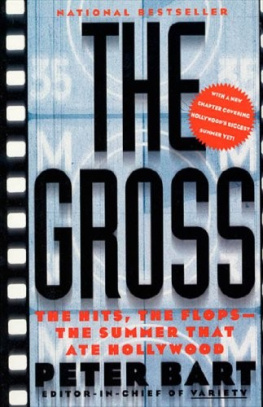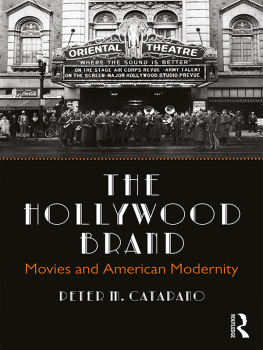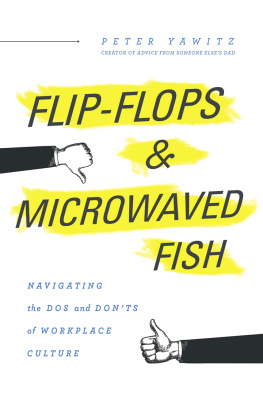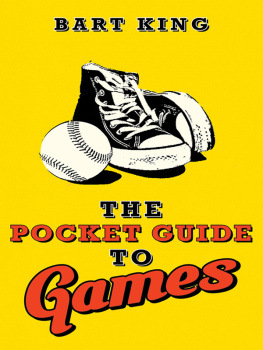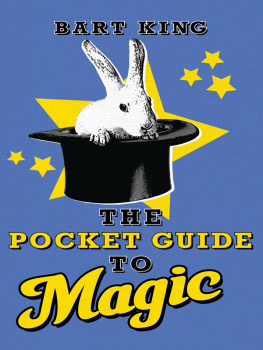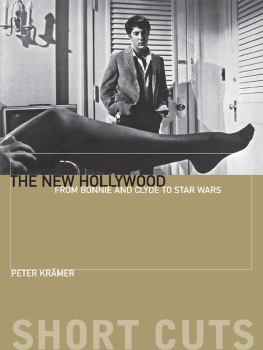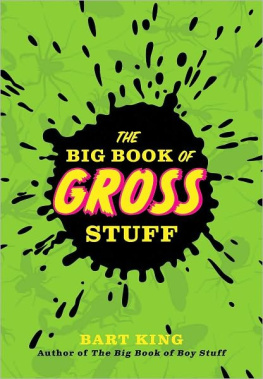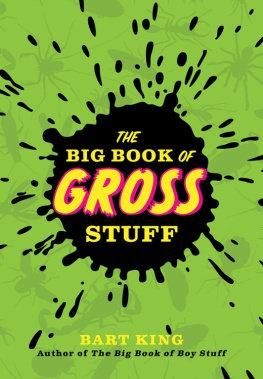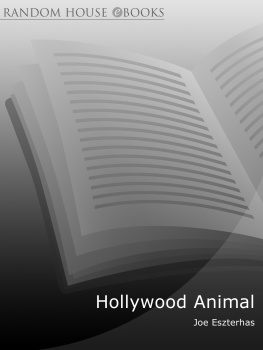Peter Bart - The Gross: The Hits, the Flops: The Summer That Ate Hollywood
Here you can read online Peter Bart - The Gross: The Hits, the Flops: The Summer That Ate Hollywood full text of the book (entire story) in english for free. Download pdf and epub, get meaning, cover and reviews about this ebook. year: 2000, publisher: St. Martins Press, genre: Detective and thriller. Description of the work, (preface) as well as reviews are available. Best literature library LitArk.com created for fans of good reading and offers a wide selection of genres:
Romance novel
Science fiction
Adventure
Detective
Science
History
Home and family
Prose
Art
Politics
Computer
Non-fiction
Religion
Business
Children
Humor
Choose a favorite category and find really read worthwhile books. Enjoy immersion in the world of imagination, feel the emotions of the characters or learn something new for yourself, make an fascinating discovery.
- Book:The Gross: The Hits, the Flops: The Summer That Ate Hollywood
- Author:
- Publisher:St. Martins Press
- Genre:
- Year:2000
- Rating:4 / 5
- Favourites:Add to favourites
- Your mark:
- 80
- 1
- 2
- 3
- 4
- 5
The Gross: The Hits, the Flops: The Summer That Ate Hollywood: summary, description and annotation
We offer to read an annotation, description, summary or preface (depends on what the author of the book "The Gross: The Hits, the Flops: The Summer That Ate Hollywood" wrote himself). If you haven't found the necessary information about the book — write in the comments, we will try to find it.
Peter Bart: author's other books
Who wrote The Gross: The Hits, the Flops: The Summer That Ate Hollywood? Find out the surname, the name of the author of the book and a list of all author's works by series.
The Gross: The Hits, the Flops: The Summer That Ate Hollywood — read online for free the complete book (whole text) full work
Below is the text of the book, divided by pages. System saving the place of the last page read, allows you to conveniently read the book "The Gross: The Hits, the Flops: The Summer That Ate Hollywood" online for free, without having to search again every time where you left off. Put a bookmark, and you can go to the page where you finished reading at any time.
Font size:
Interval:
Bookmark:
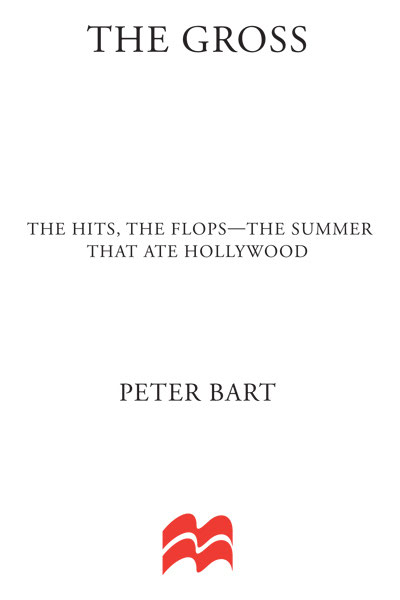
The author and publisher have provided this e-book to you for your personal use only. You may not make this e-book publicly available in any way. Copyright infringement is against the law. If you believe the copy of this e-book you are reading infringes on the authors copyright, please notify the publisher at: us.macmillanusa.com/piracy.
When I opened the steel door leading to the sound stage, a rush of noxious air greeted me, as though I had pried open a long-abandoned cellar. The air smelled at once moldy and metallic, and stepping inside only reinforced a sense of the ominous. The grinding noise of large equipment being moved into place and the voices of men shouting could be heard. At the center of this vast stage was a giant polyurethane asteroid, a grotesque object whose bilious hues of green and gray made it look diseased and alien. The object was so huge that there was scant room for the men and machines to maneuver around it.
For some ninety days a crew of seventy-five artisans had labored over this plastic blob, shooting some three thousand takes of men in space suits crawling around and through it. On two occasions the crew, including the director, had become ill from the mold and foul smell, and the set had to be shut down. But now there was a growing realization that the time had come to nuke the damned thingliterallyand be done with it. The actors, hot and steamy inside their helmets and space suits, had had enough of the set. So had Michael Bay, the temperamental young director who presided over the asteroid like a relentless tyrant, barking orders into his walkie-talkie.
Why arent you ready down there? Bay demanded, aiming his remarks at a cluster of technicians preparing the detonation in the bowels of the asteroid. This was the sort of prodding normally made by the assistant director, but Bay was inclined to forgo the customary channels. Slim and hawk-faced, with eyes like a bird of prey, Bay ran his own set and barked his own instructions.
The technicians replied they still had to prepare a few more safeguards and would be ready shortly. Bay rolled his eyesthere were always delays to be dealt with, and he was not a patient man. This was a complex set and it smelled awful, but at least there were real actors on hand and they were shooting a real scene. He had spent several weeks on sound stages working with actors who were effectively talking to themselves in front of a blue screen. In the final movie, of course, an audience would see them interacting with some morphed creature or perhaps with a computer-generated spacecraft. So much of moviemaking now consisted of spouting lines on empty sets and catering to the tyranny of special-effects wizards.
What was about to happen on the set of Armageddon was of no small import, to be sure. A nuclear device was about to be buried in the asteroid and, by blowing it up and getting blown up with it, Bruce Willis would save the world. Cameras had been positioned all over the stage to record this historic event, including one sticking out of the end of a tall Chapman crane.
Just another day at Disney, Jerry Bruckheimer, the steely producer, shrugged. Were out here saving the world, and sucking up this moldy air as our just reward. A slender man with a poker players wary eyes, Bruckheimer wore a sports jacket and monogrammed shirt that contrasted with the combat gear of his youthful crew.
Moments later there was a blast, followed by a plume of smoke. Men around the stage chattered away on their walkie-talkies, assessing the detonation with a high solemnity suggesting they had just bombed terrorist bases in the Middle East. Michael Bay looked over to me. That one was a success, which means were gonna do it again anyway, he said dryly, and proceeded to bark the order for the next take.
* * *
A day on the set of Armageddon was an appropriate welcome to moviemaking at the end of the century. In a quiet, insidious way, just about everything has changed over the last several years in the way movies are created, edited, and marketed. In the old days, when you wandered onto a sound stage actors would be playing a scene for the camera with the director looking on. It was a bit like shooting a play.
It doesnt happen that way anymore. On the sound stages youre more likely to see a single actor reciting his lines against a blank backgroundlines that will be reacted to by something or someone that the computer graphics mavens will conjure up. The setup that the director sees through his viewfinder may bear no relation to what the moviegoer ultimately will see. The images will be massaged, morphed, and digitally hyped until an entirely different vision emerges; then that material is fed into electronic editing machines to be mixed and matched, sliced and diced so that the finished film can be propelled into theaters in record time. The auteur of the movie is as much the techie as the director.
Indeed, the entire process has been so digitally accelerated that movies often find their way into theaters before the filmmakers themselves can ruminate over what they have wrought and before the studios can properly test and temper their product.
And if the modus operandi is changing fast on the sound stages and in the editing rooms, the pace is even more bewildering in the arenas of marketing and distribution.
A mere twenty years ago, it was common practice to open a movie in a few theaters across the country, build word of mouth, adjust advertising strategies to audience response, and then slowly expand to an ever broader audience. Today a movie is unveiled, not with a quietly orchestrated build, but with a cosmic paroxysm, a global spasm of hype involving giant marketing partners like McDonalds and profligate network ad buys on the Super Bowl or the Olympics. A new film is thus machine-tooled to become either an instant blockbuster or an overnight flop. There is no room for adjustment or strategic change. There is no shelf life available for the weak or infirm in the bold new Darwinian economics of the nineties.
Summer is crunch time for the movie industrya time when egos are on the line, when careers rise and fall, when the specter of failure looms large. The summer months are responsible for roughly 40 percent of Hollywoods box office revenues, and the race for dominance continually grows ever more feverishand expensive. Each year studios spend exponentially more money on their effects-laden blockbusters, and the spoils of victory grow more enticing. Vast riches in the form of bonuses, gross percentages, and other perks rain down upon the stars and filmmakers who gamble wisely. More important, those who figure in the hits of summer come away with the power to squander untold millions on their future projectsthe chance to compete yet again in the next summer crunch time. And for the losers, dreams are dashed, careers blown away.
* * *
No previous summer spotlighted these forces more vividly than the summer of 1998. It was a summer of the unexpected.
Summer 98 was supposed to belong to Godzilla and Armageddon, the two most extravagantly hyped movies in the history of the movies. But it didnt happen that way. Instead, summer 98 was memorable because of several movies of the sort that are never supposed to open in summerSaving Private Ryan, The Truman Show, and Bulworth among them.
And there were myriad other surprises. A cheaply made gross-out comedy generated twice the revenues of a Steven Spielberg high-concept adventure; two pricey asteroid films collided, yet neither suffered damage; Jim Carrey made a hit movie that didnt offer a single laugh; Eddie Murphy buried his hard edge long enough to create two successful, warm-and-cuddly family films; Harrison Ford made a love story playing opposite a self-avowed lesbian; and finally, defying the mythology of the youth demos, two stars in their sixties, Robert Redford and Warren Beatty, enjoyed yet another warm moment in the sun.
Font size:
Interval:
Bookmark:
Similar books «The Gross: The Hits, the Flops: The Summer That Ate Hollywood»
Look at similar books to The Gross: The Hits, the Flops: The Summer That Ate Hollywood. We have selected literature similar in name and meaning in the hope of providing readers with more options to find new, interesting, not yet read works.
Discussion, reviews of the book The Gross: The Hits, the Flops: The Summer That Ate Hollywood and just readers' own opinions. Leave your comments, write what you think about the work, its meaning or the main characters. Specify what exactly you liked and what you didn't like, and why you think so.

